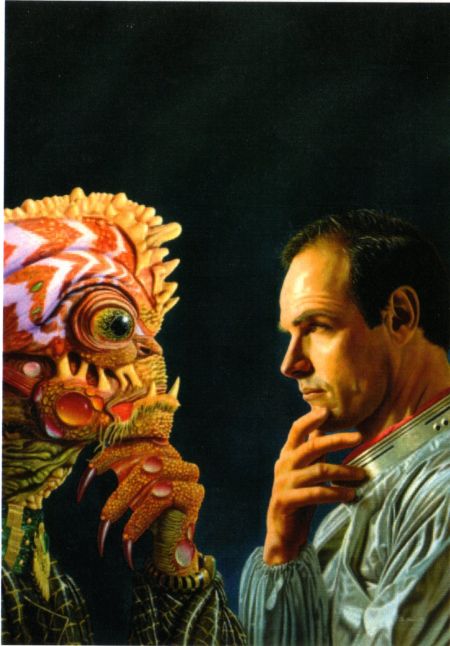WHAT THE GERBILS HAVE TO GIVE
by the Editor

In the EAP discussion of partnership arrangements this month, I was really taken with Chloe Hansen’s Why I Need My Gerbil. She’s hit on exactly one of the points we go on about here, which is that, illusions aside, it’s the big who need the small, and the strong who need the weak – not the other way around. That partnership, the one where the more visible partner, who everyone agrees is the ‘important’ one, is generally held up by the silently hard working ‘less important’ one, is one we don’t look at very carefully. Whether it’s a couple where both husband and wife have agreed that one of them is the smarter, or two countries where it’s generally agreed that one is the munificent giver of democracy and the other is the underdeveloped supplicant, or even if it’s just some well to do person in a grocery store parking lot giving a dollar bill to a homeless vet, pretty much we all agree on who has the power, on who has the rights, on who is the ‘good’ one there.
But of course it isn’t that simple. In fact, it isn’t that way at all. There’s a more complicated dynamic going on, and it frequently happens that the party that seems to be the one on top, the powerful one, the giver, is far more dependent on the person on the bottom than vice versa. The partner in the couple who is the one both think the most important needs that admiration and support, or who would s/he be? The country that thinks of itself as the great benevolent giver of good wouldn’t recognize itself without other countries humbly agreeing. And of course we all know how much the beggar gives to the person who supposedly gives to him.
These are actual partnerships. They’re not one-sided at all. And EAP thinks that the clearer we get about them, and about the illegitimate and hidden dynamic that goes on in them, the better: the farther ahead we’ll be on the road to real equitable partnership, where two different sides equally contributing, with both their contributions acknowledged. The farther along we’ll get to where it’s not a question of one point of view winning out over another, but of two points of view in dynamic balance creating a third that didn’t exist before.
In other words, it’s a good thing to contemplate what the gerbil gives you. It’s probably more than you know. And when you’re the gerbil – well, it’s also a good thing to acknowledge what it is you have to give. Anyway, it beats just spinning around all day on that wheel.
Welcome back.
